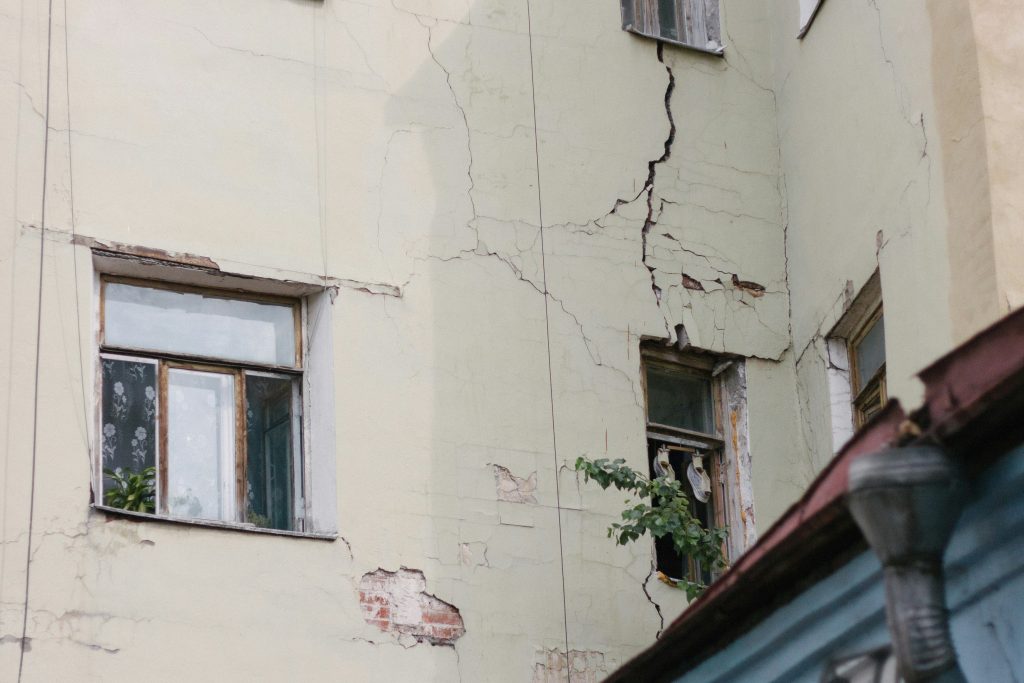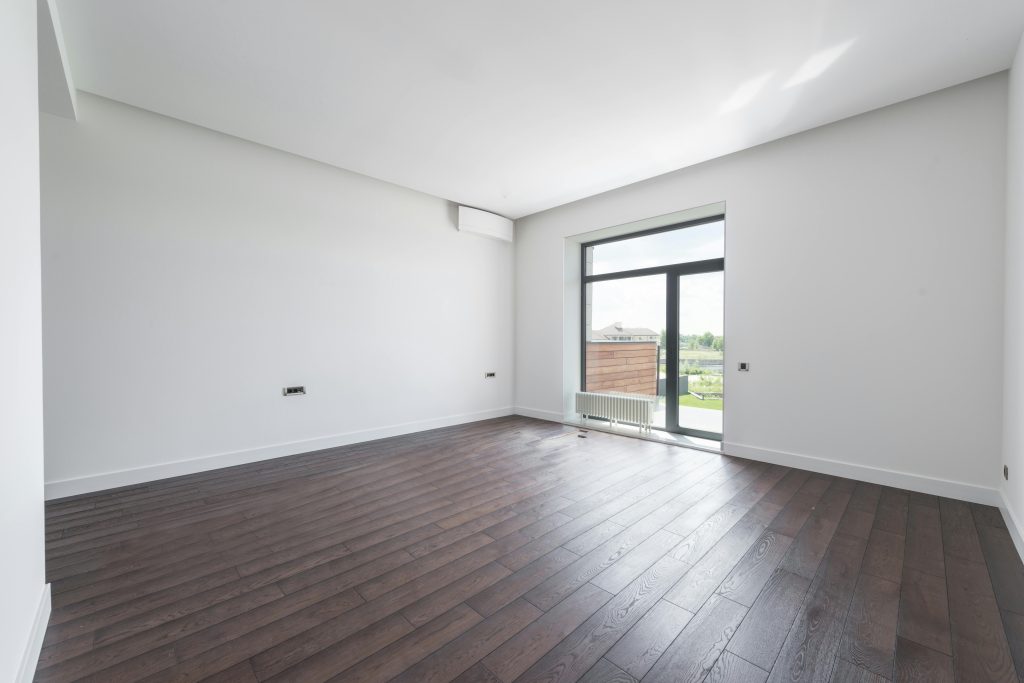Selling your house may feel like the end of your responsibility for the property, but certain legal obligations continue after completion. Understanding exactly what you’re liable for and how long this liability lasts is important for both sellers and buyers. Here’s what you need to know about your ongoing responsibilities after selling your home.
What are a seller’s liabilities after selling a house?
When you sell your house, you remain responsible for statements made during the sale process and any issues you knew about but didn’t disclose. This responsibility extends to information provided in the Property Information Form (TA6), verbal statements to buyers and details shared through your estate agent. Your liability continues well after the sale completes, which often surprises sellers who assume their obligations end at completion.
Common types of seller liabilities
Let’s take a closer look at common seller liabilities.
Misrepresentation of property condition
Sellers must be truthful about their property’s condition throughout the sale process. That means disclosing known problems, whether they’re major structural issues or ongoing neighbour disputes.
If you knowingly hide problems or provide incorrect information, you could face serious legal consequences. Incorrect information might include covering up damp problems, failing to mention boundary disputes with neighbours or claiming planning permission was granted when it wasn’t.
Structural and latent defects
Hidden problems that weren’t visible during viewings or surveys can result in significant claims against sellers. The key issue here is knowledge. For instance, if you knew about subsidence issues but covered them up with quick repairs, or masked serious roof problems with temporary fixes, you could be liable. While buyers should conduct proper surveys, sellers cannot deliberately conceal serious defects that could affect the property’s value or habitability.
Boundary and legal disputes
Boundary disputes can emerge after a sale completes, particularly when sellers haven’t been upfront about historical disagreements or unclear property lines. You might face claims over incorrect boundary information, undisclosed rights of way or parking arrangements you knew were problematic but didn’t mention. These issues can be particularly contentious as they often involve ongoing relationships with neighbours.
Compliance with fixtures and fittings lists
The fixtures and fittings form creates legally binding obligations. Sellers must leave everything listed as included in the sale and make sure these items are in working order until completion. Problems often arise when sellers remove items they’d agreed to leave or when appliances stop working between exchange and completion. Being precise and honest about what’s included helps avoid post-sale disputes.
Timeframes for seller liability in the UK
Understanding liability timeframes is necessary for both buyers and sellers. The law sets specific periods during which claims can be made against property sellers.
Limitation periods for claims
Most property claims must be brought within six years of the sale completion date. This covers standard misrepresentation claims, breach of contract issues and most boundary disputes. The clock starts ticking from the completion date, not from when problems are discovered, which means it’s important for buyers to act promptly when issues emerge.
Situations extending liability beyond six years
Some situations allow for extended claim periods. Fraud cases have no time limit, meaning sellers who deliberately deceive buyers could face claims many years later. Serious structural issues might also extend the standard limitation period, particularly if they were deliberately concealed. Title issues can surface years after completion, and some planning breaches carry longer limitation periods.
Potential consequences for liable sellers
The financial impact of property liability claims can be severe. Sellers might face paying significant compensation to buyers, often amounting to the cost of repairs plus additional damages. Legal costs typically fall on the liable party, meaning you could end up paying both your own and the buyer’s legal fees.
Beyond money, court judgments can damage your credit rating if you fail to pay, making future borrowing difficult. Some cases require court appearances, which can be stressful and time-consuming. Reputational damage can also follow, particularly in smaller communities where property disputes become public knowledge.
Ways sellers can protect themself from future liability
Taking proactive steps during the sale process helps shield you from future claims. With the right preparation and professional support, you can create a strong defense against post-sale problems.
Having accurate property information
Honesty during the sale process provides the best protection against future claims. Take time to complete all property forms, including the TA6 Property Information Form. Keep records of maintenance work and repairs you’ve carried out, as these can prove valuable if questions arise later. Photograph the property’s condition before moving out, and maintain copies of all sale paperwork.
Home warranty and liability insurance options
Several insurance options can protect sellers from post-sale claims. Professional indemnity insurance covers certain types of misrepresentation, while specific seller’s liability policies handle property-related claims. For recent building work, warranties can transfer responsibility to the construction company or installer. Title insurance helps with certain property ownership or boundary issues.
Seeking professional legal advice
Good legal representation often proves invaluable during property sales. An experienced conveyancer will spot potential issues before they become problems. They’ll also advise on necessary disclosures and guarantee proper documentation of the sale process. Lawyers can also help structure the sale contract to minimize future liability risks.
How buyers can make a claim against a seller
When buyers discover problems, they need to act methodically. The first step involves gathering evidence of misrepresentation or undisclosed defects. This might include expert reports, photographs or even witness statements. Buyers should document when they discovered the problem and calculate repair costs or other financial impacts.
The next step involves contacting the seller in writing, clearly outlining the issue and proposed resolution. Keeping copies of all correspondence proves essential if legal action becomes necessary. Professional legal advice helps buyers understand their position and ensures they start proceedings within required timeframes.
What sellers should do if a buyer makes a claim after the sale
Receiving a post-sale claim means you have to act fast. Start by reviewing your sale documents and contacting your conveyancer for advice. Gather any evidence that supports your position, such as disclosure forms or correspondence from the sale period.
Consider whether an early settlement might prove more cost-effective than lengthy legal proceedings. However, avoid making admissions or offers before getting legal advice. Check whether any insurance policies might cover the claim, as this could affect how you handle the situation.
How selling to Property Rescue can help
For sellers worried about property problems affecting a sale, Property Rescue offers an alternative solution. We purchase properties regardless of condition, removing many post-sale liability risks. The process involves full disclosure of any issues, with Property Rescue accepting properties in their current state, and with no risk of the sale falling through.
We also cover all legal fees and can complete in as little as 48 hours, perfect for anyone looking for a quick sale. Get a free, no-obligation quote to see how much your home is worth.
With Property Rescue, there’s no need to worry about concealing problems or facing future claims. We’ll appoint chartered RICs surveyors to check everything and provide clear documentation of the property’s condition at sale.









